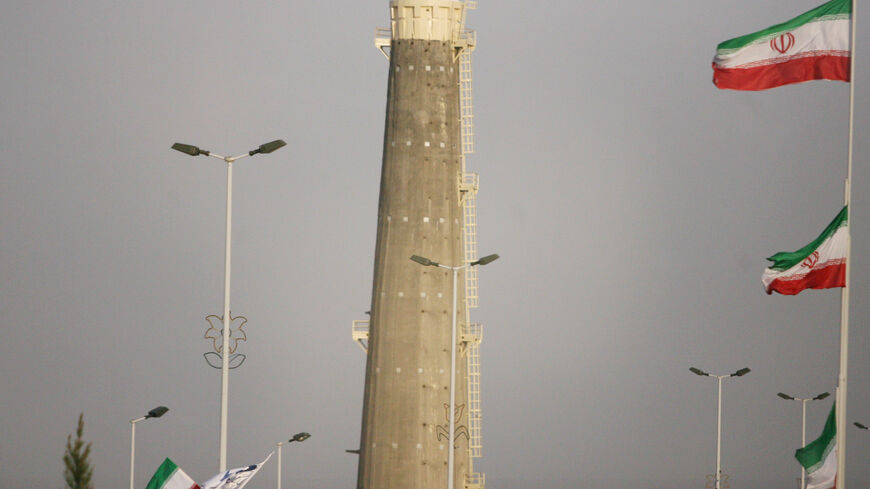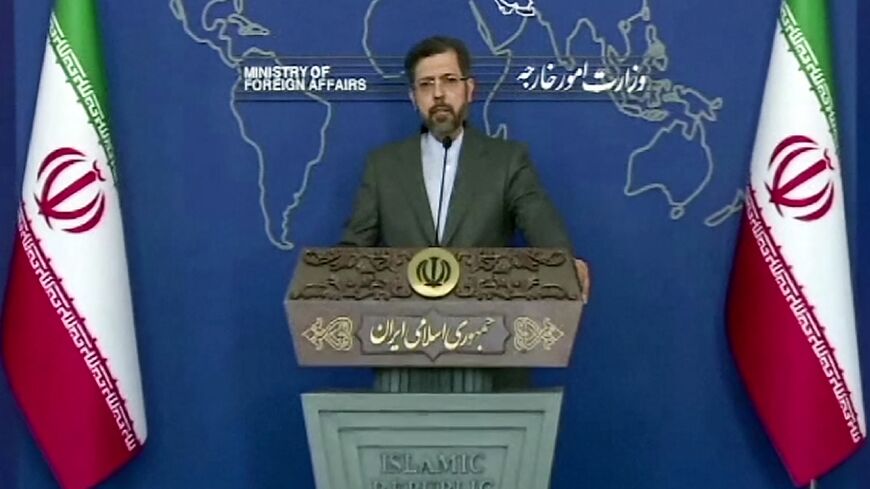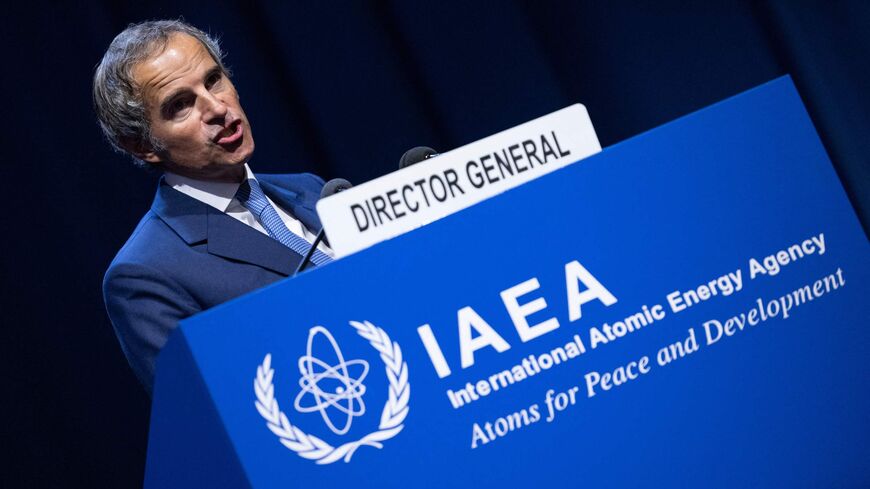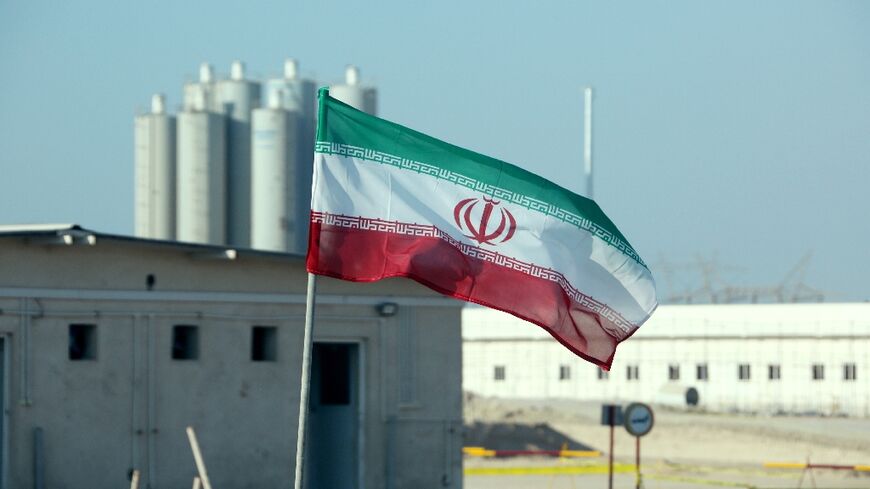US says to back IAEA resolution despite Iran warning
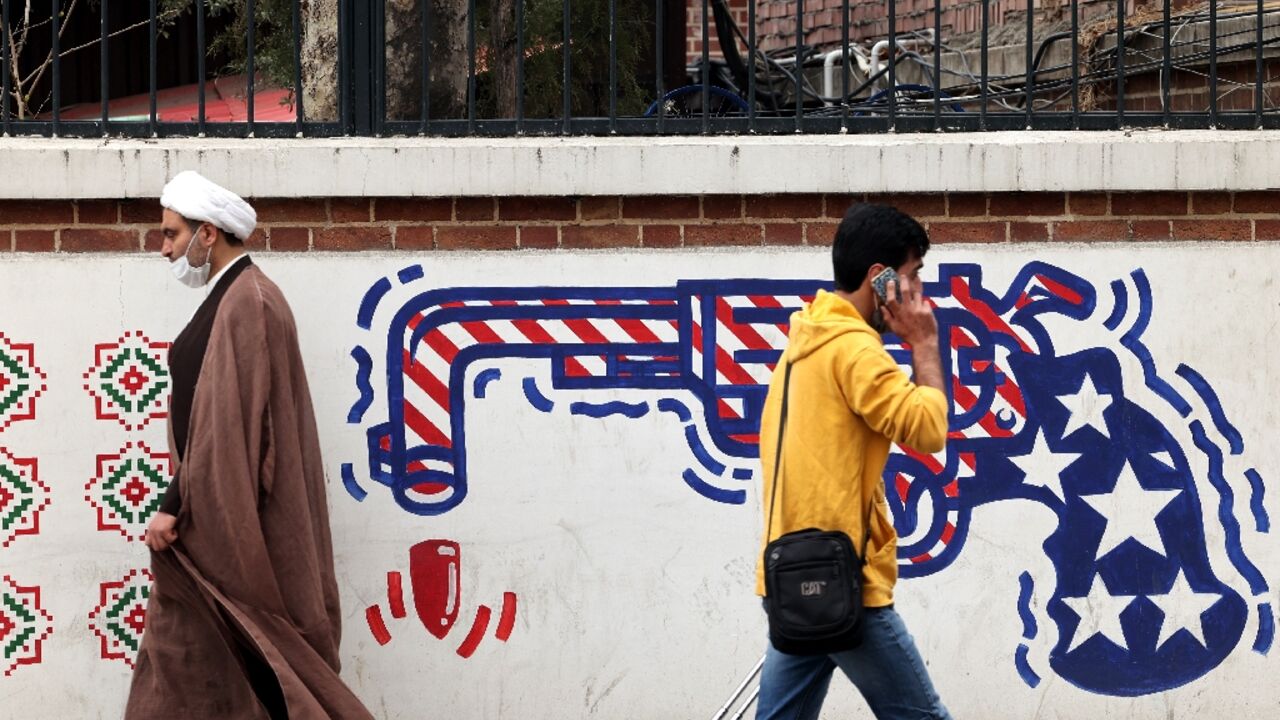
The United States confirmed Thursday it would join Europeans in backing a resolution urging Iran to cooperate with the UN nuclear watchdog, despite warnings from Tehran that the move could scuttle diplomacy.
"We can confirm that we plan to join the UK, France and Germany in seeking a resolution focused on the need for Iran to fully cooperate with the IAEA," State Department spokesman Ned Price said ahead of a meeting next week.
He said that the latest report by the International Atomic Energy Agency raised "very serious concerns that Iran has failed to credibly respond" to the Vienna-based body's questions.
"It is essential that Iran does fully comply with its legally binding obligations" under the nuclear Non-Proliferation Treaty, Price told reporters.
Iran warned Wednesday against "unconstructive action" at the IAEA and said that it would respond "firmly and appropriately."
The potential showdown comes amid a long stalemate in negotiations to revive a 2015 nuclear agreement that was trashed by then president Donald Trump.
President Joe Biden backs a return to the agreement and his administration has previously steered clear of condemning Iran at the IAEA, with the Europeans also backing down.
But the US negotiator on Iran has said that chances are dimming for an agreement despite more than a year of indirect talks.
The Biden administration has voiced willingness to remove sweeping sanctions imposed by Trump in exchange for Iran's returning to full compliance.
But Iran has also pressed for the removal of the clerical state's elite Revolutionary Guards from a terrorism blacklist, a step that Biden has rejected.
The latest IAEA report said Iran has not clarified questions about the presence of nuclear material found at three undeclared sites.
Iran says it is not seeking a nuclear weapon but has been met by skepticism especially from Israel, which is suspected in an assassination campaign against Iranian nuclear scientists.


